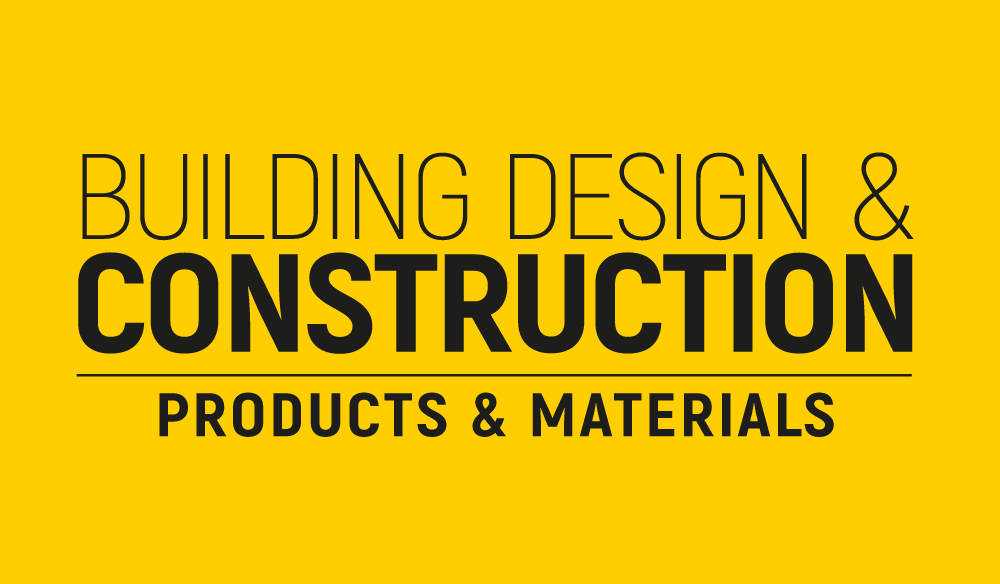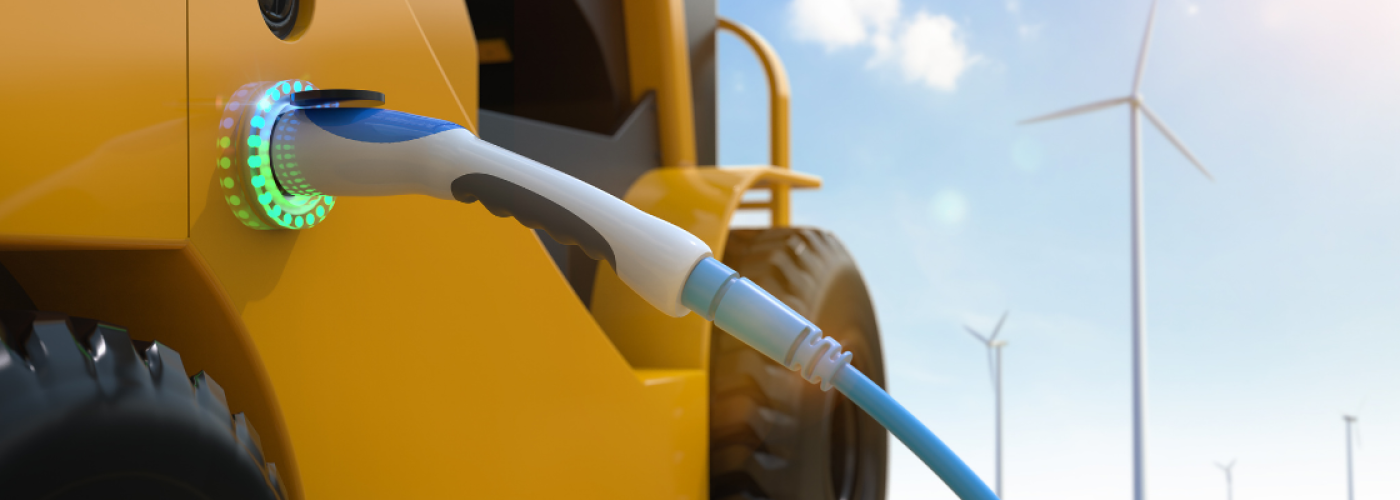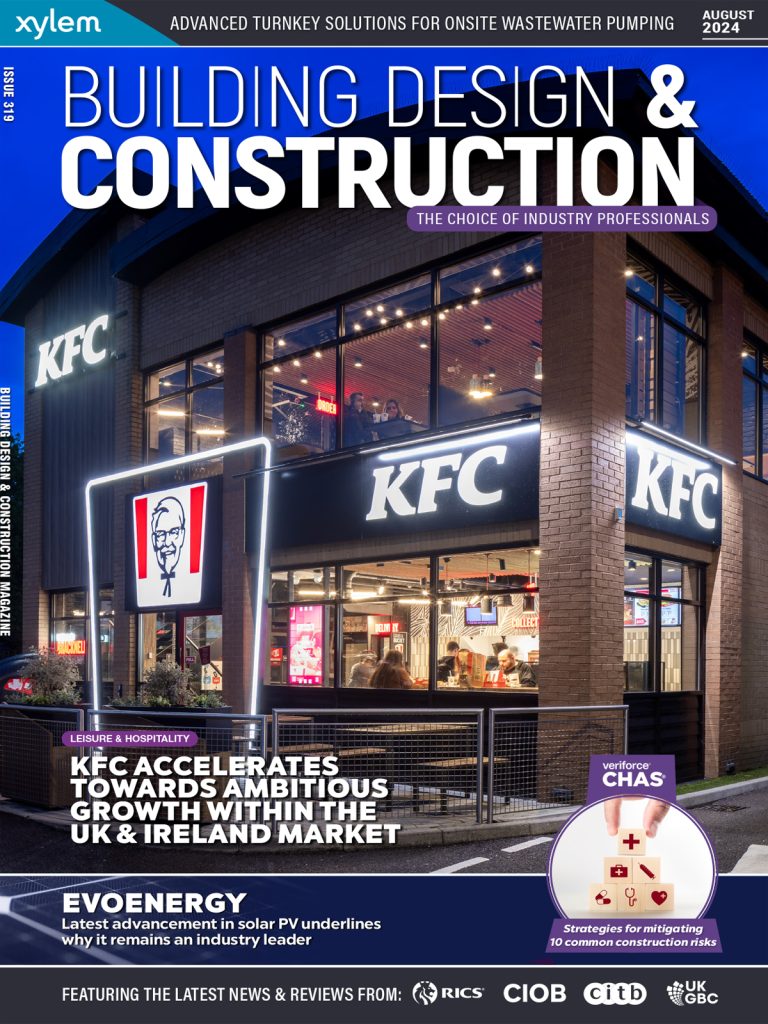The paramount concern for environmental sustainability in our era prompts a transformative shift within the construction industry towards greener and more eco-friendly practices. The adoption of hybrid and electric construction equipment stands at this evolution’s forefront, revolutionizing builders’ and contractors’ project approaches. This article delves into the burgeoning trend of using such equipment; it scrutinizes not only its environmental benefits but also posits potential implications on industries while highlighting these technologies’ integral role in shaping sustainable building practices.
The Rise of Hybrid and Electric Construction Equipment
Diesel engines, renowned for their power and durability yet notorious for high emissions and fuel consumption, usually serve as the backbone of traditional construction machinery. However; a new era emerges with hybrid and electric equipment in construction—marking a departure from this standard approach—to provide an alternative that is cleaner: more sustainable.
Combining traditional internal combustion engines with electric propulsion systems characterizes hybrid construction equipment. Advanced technologies underpin these systems, optimizing fuel efficiency and minimizing emissions. Conversely, fully electric construction equipment functions exclusively on electric power; this eliminates the necessity for any usage of fossil fuels. Aligning with global initiatives to reduce carbon footprints and combat climate change, this shift gravitates towards electrification.
Environmental Benefits of Hybrid and Electric Construction Equipment
The significantly reduced environmental impact stands as a prime advantage of hybrid and electric construction equipment: traditional diesel-powered machinery contributes to air pollution–emitting pollutants such as nitrogen oxides, particulate matter; this causes respiratory issues. Electric construction equipment offers an attractive contrast; it yields zero tailpipe emissions–a factor that promotes cleaner air quality not only on construction sites but also within surrounding communities.
Moreover, electric motors outperform internal combustion engines in terms of energy efficiency; this superiority consequently reduces overall energy consumption. The resultant decrease not only mitigates the demand for fossil fuels but also delivers long-term cost savings to construction companies.
Industry Implications and Adoption Challenges
Both challenges and opportunities accompany the adoption of hybrid and electric construction equipment in the industry: notably, a major hurdle emerges–the higher upfront cost of these technologies relative to traditional machinery. Nevertheless, with advancing technology and increasing production scales; an expected decrease in costs promises to render these sustainable options more accessible for a broader range of construction companies.
Promoting eco-friendly construction practices, government incentives and regulations also encourage the adoption of hybrid and electric equipment; specific environmental standards necessitate their use in many regions. Adopting sustainable machinery can contribute to compliance with these regulations, thereby enhancing construction projects’ adherence to environmental criteria.
Operational Advantages of Hybrid and Electric Construction Equipment
Hybrid and electric construction equipment, aside from their environmental advantages, gain popularity due to the operational benefits they offer: Electric motors yield instant torque – a performance that rivals or surpasses traditional engines. Furthermore; these machines function with reduced noise pollution on construction sites–a critical yet often overlooked aspect for worker wellbeing and nearby communities’ welfare.
The greater design flexibility that electric drivetrains offer, due to their modular nature, often results in innovative equipment configurations: these not only enhance efficiency but also maneuverability. Lower maintenance costs and increased reliability are direct benefits; this can be attributed to two factors – the absence of traditional transmissions, coupled with the simplicity of electric motors.
Supply Chain Accessibility and Support
The accessibility of hybrid and electric machinery through a dependable construction equipment supplier is a pivotal consideration for construction companies exploring these technologies. When construction firms collaborate with suppliers boasting robust supply chains, they guarantee an uninterrupted procurement process; this reduces potential challenges and delays in acquiring essential equipment.
Addressing Range Anxiety
The limitation imposed by battery range presents a significant challenge in the realm of electric construction equipment; however, ongoing advancements in battery technology are actively addressing this concern. Notably, Lithium-ion batteries– becoming more energy-dense, lightweight and cost-effective — have surmounted their previous limitations: as a result, they render electric construction machinery not just feasible but highly advantageous for an expanding spectrum of projects.
The Future of Sustainable Construction Practices
The construction industry’s continued prioritization of sustainability promises a bright future for hybrid and electric construction equipment. Ongoing technological advancements in these areas, combined with an increasing awareness regarding the environmental impact of construction activities, are positioning electric machinery as a crucial actor in shaping the industry’s evolution.
Embracing hybrid and electric equipment, construction companies contribute not only to a greener planet but also position themselves as leaders in sustainable building practices. The demand for eco-friendly construction solutions is likely to escalate; regulatory requirements, environmental consciousness—both significant influencers—and the enduring economic benefits of reduced operating costs coupled with increased efficiency will drive this increase.
Concluding, the construction industry’s integration of hybrid and electric equipment represents a positive stride towards sustainability and environmental consciousness. As technology advances incessantly–and adoption proliferates exponentially–the commitment to cleaner, greener building practices will reshape our construction landscape with unprecedented efficiency. This investment in these technologies transcends mere machinery; it manifests as an avant-garde stake for both sectors—the future resilience of constructions along with planetary sustainability at large.








